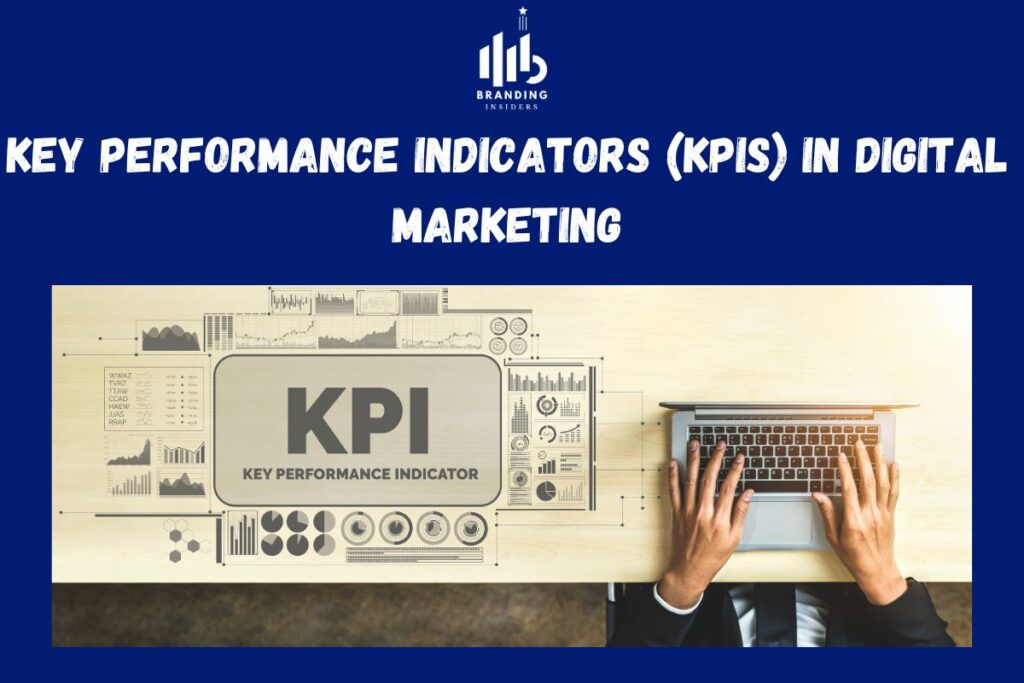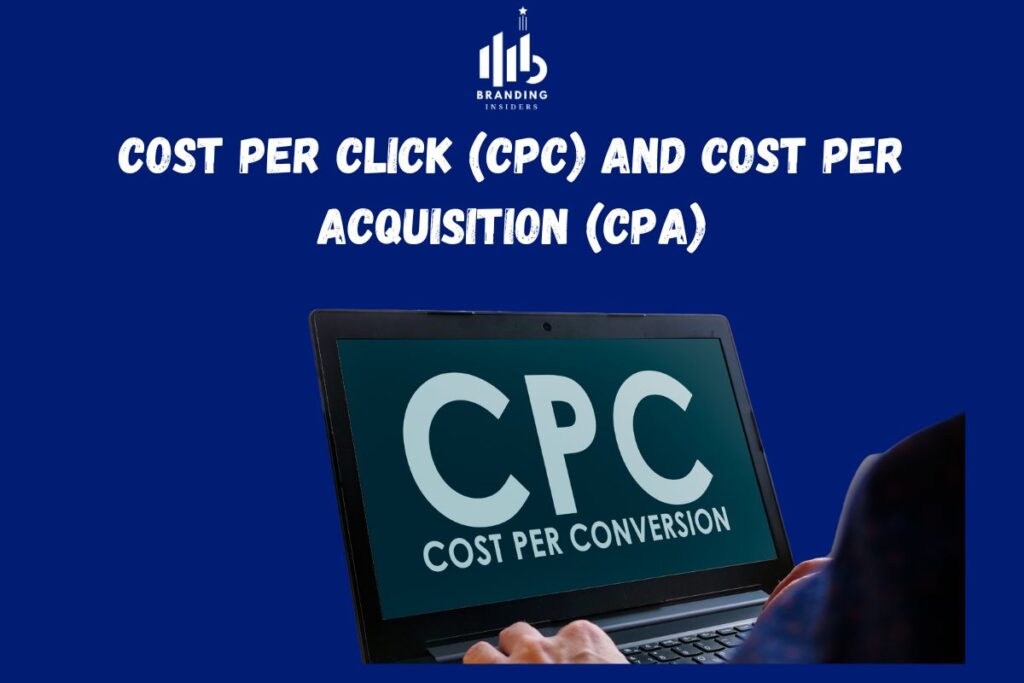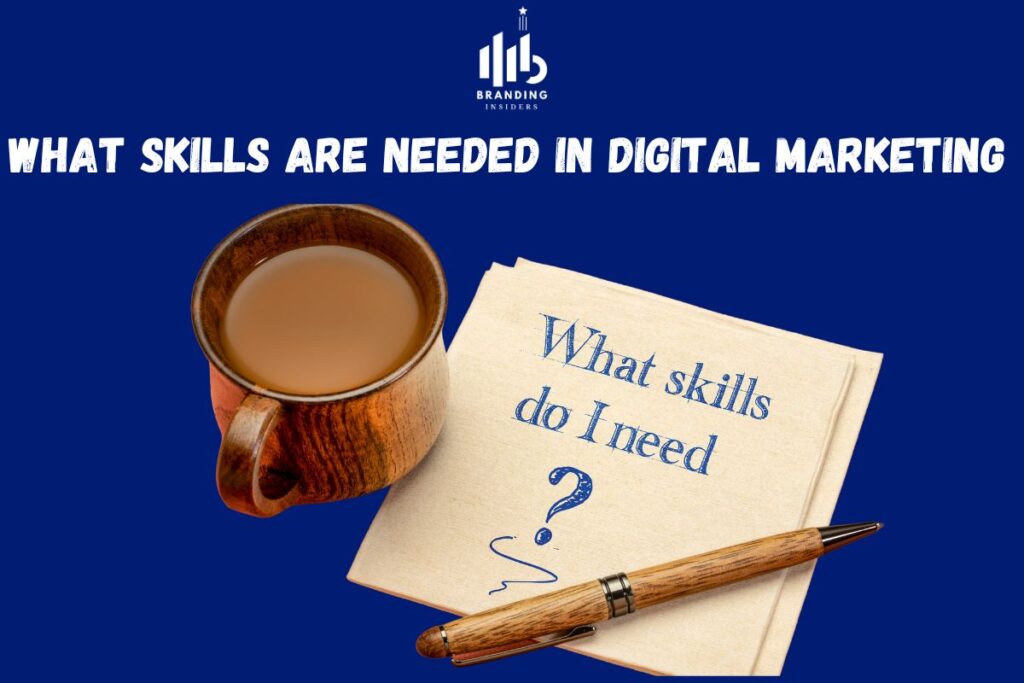In today’s fast-paced digital age, the success of any business hinges on its online presence. With the advent of the internet, the way we conduct business has undergone a significant transformation. Digital marketing has emerged as the driving force behind this evolution, offering unparalleled opportunities for growth and visibility.
This comprehensive guide will delve into the realm of digital marketing, covering a wide range of topics, from its fundamentals to advanced strategies. So, let’s embark on this exciting journey and unravel the secrets of digital marketing.
What Is Digital Marketing?

Digital marketing refers to the use of online channels, strategies, and tools to promote products, services, or brands to a target audience. It is an essential component of modern business and advertising, leveraging the power of the internet to reach and engage potential customers.
In digital marketing, various tactics are employed to achieve specific goals, such as increasing brand awareness, driving website traffic, generating leads, and ultimately boosting sales. These tactics include search engine optimization (SEO), content marketing, social media marketing, email marketing, pay-per-click (PPC) advertising, and more.
Digital marketing offers several advantages over traditional marketing methods. It allows businesses to target their audience with precision, track the performance of campaigns in real-time, and optimize strategies based on data and analytics. Moreover, it provides a level playing field for businesses of all sizes, enabling even small companies to compete on a global scale.
In essence, digital marketing is about leveraging the digital landscape to connect with consumers, build brand recognition, and drive business growth. It continues to evolve with advancements in technology and consumer behavior, making it a dynamic and essential aspect of contemporary marketing strategies
How Digital Marketing Works

Digital marketing works through a combination of strategies and techniques that leverage the internet and digital channels to promote products, services, or brands. Here’s how it works
Types of Digital Marketing Channels

Identifying Target Audience
The first step in digital marketing is to define and understand the target audience. This includes demographics, interests, online behavior, and preferences. This information helps in tailoring marketing campaigns to specific groups.
Creating a Digital Presence
To effectively market online, a business needs a strong digital presence. This includes having a well-designed website that is user-friendly and mobile-responsive. Social media profiles on platforms like Facebook, Instagram, Twitter, and LinkedIn are also essential.
Search Engine Optimization (SEO)
SEO is a crucial aspect of digital marketing. It involves optimizing the website’s content and structure to rank higher in search engine results. This helps in increasing organic (non-paid) traffic to the website.
Content Marketing
Content is king in digital marketing. Businesses create high-quality and relevant content such as blog posts, articles, videos, infographics, and more. This content is designed to inform, entertain, or solve problems for the target audience. It also helps in establishing authority and trust within the industry.
Social Media Marketing
Social media platforms are used to connect with the audience, share content, and build a community. Businesses post regular updates, engage with followers, and run paid advertising campaigns to increase visibility.
Email Marketing
Email is a powerful tool for nurturing leads and retaining customers. Businesses send targeted emails with personalized content, promotions, and updates to subscribers.
Pay-Per-Click (PPC) Advertising
PPC advertising involves placing ads on search engines (Google Ads) or social media platforms (Facebook Ads). Advertisers pay a fee only when users click on their ads. It’s an effective way to reach a specific audience and drive traffic to the website.
Analytics and Data Analysis
Digital marketing relies heavily on data and analytics tools. Marketers track website traffic, user behavior, conversion rates, and other key metrics to evaluate the performance of marketing campaigns. This data-driven approach helps in making informed decisions and optimizing strategies.
Conversion Rate Optimization (CRO)
CRO focuses on improving the percentage of website visitors who take desired actions, such as making a purchase or filling out a contact form. A/B testing and other techniques are used to enhance the user experience and increase conversions.
Monitoring and Adjusting
Digital marketing is an ongoing process. Marketers continuously monitor the performance of campaigns, adjust strategies based on data insights, and stay updated with industry trends. This adaptability is crucial for maintaining competitiveness.
Mobile Marketing
Given the prevalence of smartphones, mobile marketing has become essential. This includes optimizing websites for mobile devices, creating mobile apps, and running mobile-specific advertising campaigns.
Remarketing
Remarketing or retargeting involves showing ads to users who have previously visited a website or interacted with a brand. It reminds them of the products or services they viewed, encouraging them to return and complete a desired action
Key Performance Indicators (KPIs) in Digital Marketing

Key Performance Indicators (KPIs) in digital marketing are essential metrics that help businesses measure the effectiveness of their online marketing efforts. These KPIs provide insights into how well a digital marketing campaign is performing and whether it is achieving its goals. Here are some common KPIs in digital marketing:
Website Traffic
Tracking the number of visitors to your website is a fundamental KPI. It helps gauge the overall visibility and appeal of your online presence.
Traffic Sources
Understanding where your website traffic comes from is crucial. KPIs like the percentage of organic, paid, direct, and referral traffic reveal which marketing channels are driving visitors.
Conversion Rate
The conversion rate measures the percentage of website visitors who take a desired action, such as making a purchase, filling out a form, or subscribing to a newsletter. It reflects how effective your website is at turning visitors into customers or leads.
Click-Through Rate (CTR)
CTR is commonly used in email marketing and PPC advertising. It calculates the percentage of people who clicked on a specific link or ad compared to the total number of people who saw it.
Bounce Rate
A high bounce rate indicates that visitors are leaving your website after viewing only one page. A lower bounce rate indicates that users are exploring your site further. It’s an indicator of website engagement and user experience.
Customer Acquisition Cost (CAC)
CAC measures how much it costs to acquire a new customer through digital marketing efforts. It’s calculated by dividing the total marketing expenses by the number of new customers acquired during a specific period.
Return on Investment (ROI)
ROI is a critical KPI that assesses the profitability of your digital marketing campaigns. It compares the revenue generated from marketing efforts to the cost of those efforts. A positive ROI indicates a successful campaign.
Customer Lifetime Value (CLV or LTV)
CLV estimates the total revenue a business can expect from a single customer over their entire relationship with the company. It helps in determining the long-term value of customers acquired through digital marketing.
Email Open and Click Rates
These KPIs are specific to email marketing. Open rate measures the percentage of recipients who opened an email, while click rate measures the percentage of recipients who clicked on links within the email.
Social Media Engagement
For social media marketing, KPIs include likes, shares, comments, and followers gained. Engagement metrics reflect the level of interaction and interest in your social media content.
Keyword Rankings
In SEO, tracking the ranking of specific keywords in search engine results is crucial. Improved rankings indicate the effectiveness of your SEO efforts.
Cost Per Click (CPC) and Cost Per Acquisition (CPA)

These KPIs are associated with paid advertising campaigns. CPC measures the cost of each click on an ad, while CPA calculates the cost of acquiring a new customer through paid advertising.
Customer Retention Rate
This KPI assesses the ability of digital marketing efforts to retain existing customers. A high retention rate indicates customer loyalty and satisfaction.
Mobile Traffic and Conversions
With the rise of mobile usage, tracking the percentage of mobile visitors and their conversion rates is vital for optimizing the mobile user experience.
Abandonment Rate
In e-commerce, the abandonment rate measures the percentage of users who add items to their cart but leave without completing a purchase. Reducing this rate is a critical goal.
Social Media ROI
Calculate the return on investment specifically from social media efforts, considering both direct and indirect revenue generated through social platforms.
Video Engagement Metrics
For video marketing, track metrics such as video views, watch time, and engagement (likes, comments, shares) to assess video content performance.
Page Load Time
A fast-loading website is crucial for user experience and SEO. Monitoring page load times can help identify and resolve performance issues.
What Is a Digital Marketing Agency?
A digital marketing agency is a specialized company that offers a range of services to help businesses promote their products or services online. These agencies leverage various digital channels and strategies, such as search engine optimization (SEO), social media marketing, pay-per-click (PPC) advertising, email marketing, and content creation, to enhance a brand’s online presence and achieve specific marketing objectives. Digital marketing agencies typically consist of experts in different areas of online marketing who work collaboratively to create and execute tailored marketing campaigns for clients.
What Is SEO in Digital Marketing?
SEO, or Search Engine Optimization, is a crucial component of digital marketing. It involves optimizing a website’s content, structure, and technical elements to improve its visibility in search engine results pages (SERPs). The primary goal of SEO is to increase organic (non-paid) traffic to a website by ensuring that it ranks higher for relevant search queries.
SEO encompasses on-page factors like keyword optimization and content quality, as well as off-page factors like backlinks and social signals. Effective SEO strategies help businesses attract more visitors, enhance user experience, and ultimately drive conversions.
What Is Internet Marketing?
Internet marketing, also known as online marketing or digital marketing, is a comprehensive term that encompasses all marketing activities conducted over the internet to promote products, services, or brands. It includes various strategies such as SEO, social media marketing, email marketing, content marketing, PPC advertising, affiliate marketing, and more.
Internet marketing leverages digital channels and tools to reach and engage with a target audience, generate leads, drive website traffic, and achieve marketing goals. It’s a dynamic field that adapts to the evolving digital landscape.
How Can I Become a Digital Marketer?

To become a digital marketer, you can follow these steps:
Education: Start by acquiring a solid foundation in digital marketing concepts. Consider enrolling in online courses or pursuing a degree in marketing, digital marketing, or a related field.
Hands-On Experience: Gain practical experience by working on personal projects or internships with digital marketing agencies or businesses. Practical knowledge is invaluable.
Specialize: Identify areas of digital marketing that interest you the most, such as SEO, social media, content marketing, or email marketing, and specialize in those areas.
Stay Updated: The digital marketing landscape evolves rapidly. Stay updated with industry trends, algorithm changes, and emerging technologies through blogs, podcasts, and courses.
Certifications: Consider obtaining certifications from reputable organizations, such as Google Ads or HubSpot, to demonstrate your expertise.
Networking: Build a network of industry professionals through social media, conferences, and local meetups.
Portfolio: Create a portfolio showcasing your work and achievements in digital marketing.
What Skills Are Needed in Digital Marketing

Digital marketing requires a diverse skill set. Here are some essential skills for a digital marketer
Analytical Skills: The ability to analyze data and interpret metrics to make data-driven decisions is crucial.
SEO Knowledge: Understanding search engine optimization principles and keyword research.
Content Creation: Proficiency in creating engaging and relevant content for various digital platforms.
Social Media Management: Managing and optimizing social media accounts to build brand presence.
Email Marketing: Crafting effective email campaigns and understanding email automation tools.
PPC Advertising: Knowledge of pay-per-click advertising platforms like Google Ads and Facebook Ads.
Data Analytics: Proficiency in using analytics tools to track and measure campaign performance.
Marketing Automation: Familiarity with marketing automation software for streamlining tasks.
Creativity: Developing creative marketing strategies and content.
Communication: Strong written and verbal communication skills for creating compelling content and engaging with audiences.
Adaptability: The ability to adapt to evolving digital trends and technologies.
Project Management: Organizing and managing digital marketing campaigns effectively.
Conversion Rate Optimization (CRO): Optimizing websites and landing pages to increase conversion rates.
Related Reading:
- Best Social Media Marketing Services
- Mastering Social Media Management Services in Pakistan
- Top Affordable SEO Company in Rawalpindi & Islamabad: Your Gateway to Digital Success
- Social Media Marketing (SMM): What It Is, How It Works, and Why It’s Powerful
- Digital Marketing & SEO Agency Rawalpindi
Conclusion
In conclusion, digital marketing is a dynamic and essential component of modern business and advertising. It encompasses a wide range of strategies and techniques aimed at promoting products, services, and brands online. From search engine optimization (SEO) to social media marketing, email campaigns to pay-per-click advertising, the digital marketing landscape offers businesses unparalleled opportunities for growth and visibility.
To succeed in the field of digital marketing, it’s crucial to continuously update your skills, stay informed about industry trends, and adapt to the evolving digital landscape. The ability to analyze data, create compelling content, and engage with target audiences is at the core of effective digital marketing campaigns.
Whether you’re looking to pursue a career as a digital marketer or seeking the services of a digital marketing agency, understanding the intricacies of this dynamic field is essential for achieving success in today’s digitally connected world. As technology continues to advance, digital marketing will remain a powerful tool for businesses to connect with their audience, drive growth, and achieve their marketing goals.



